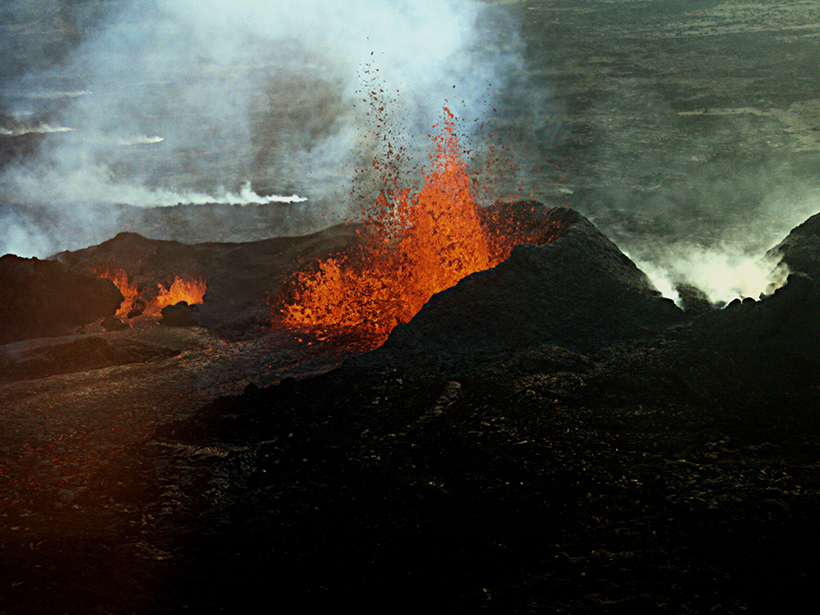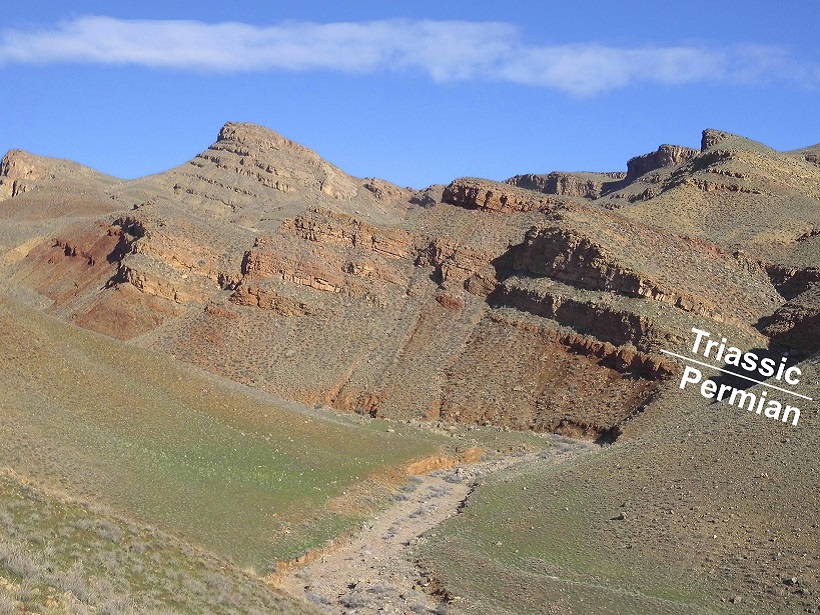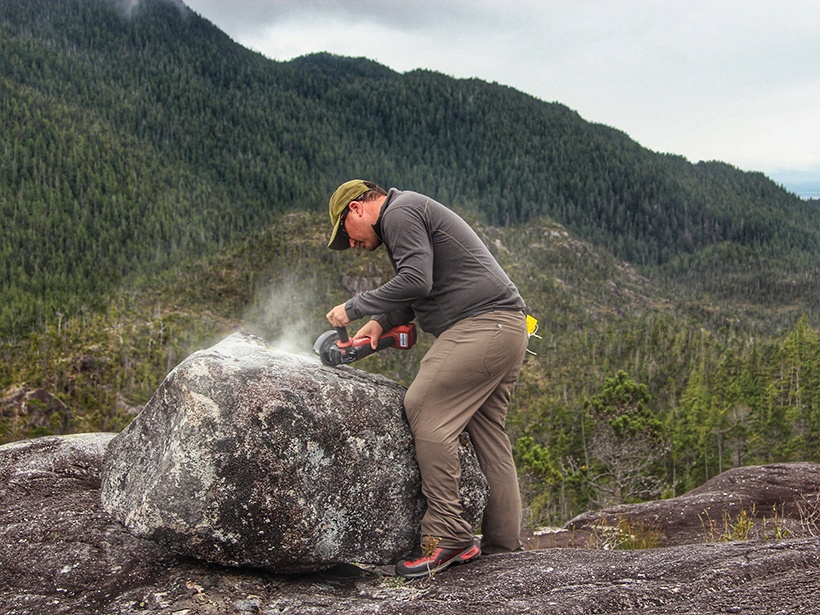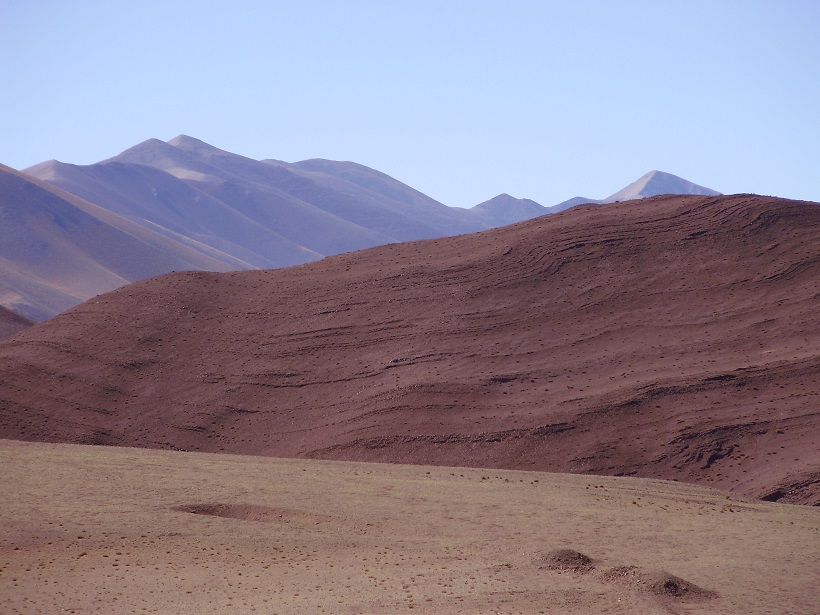Researchers used luminescence signals from marine sediment cores to bolster estimates of precipitation levels on land over the past 30,000 years.
geochronology
Will Cigarette Butts Be Our Environmental Legacy?
People litter them by the trillions—but how long will butts last through the ages?
Crystal Clocks Serve as Stopwatch for Magma Storage and Travel Times
Magma stored for 1,000 years in an Icelandic volcano journeyed to the surface in just 4 days.
Ian McDougall (1935–2018)
McDougall distinguished himself as a leader in developing potassium-argon geochronology and its application to many Earth science issues, including the geomagnetic polarity timescale.
Unravelling the Past Using Elements and Isotopes
A new book explores chemostratigraphy, a fascinating and relatively young branch of geoscience, presenting the latest developments and applications.
More Evidence Humans Migrated to the Americas via Coastal Route
A new chronology shows that ice-free areas existed along the British Columbia coast earlier than previously thought.
A Deeper Investment for Deep Time Science
Seven proposals recently funded by the National Science Foundation will ensure more access to laboratories that specialize in geochronology.
The Science of Dates and Rates
Geochronology and thermochronology combine geochemistry, nuclear reactions, and technology to probe the history and dynamics of Earth and planetary processes.
Erasing a Billion Years of Geologic Time Across the Globe
The Great Unconformity—a huge time gap in the rock record—may have been triggered by the uplift of an ancient supercontinent, say researchers using a novel method for dating rocks.
History of Water on Mars’s Surface Is Longer Than We Thought
Curiosity’s two-step heating experiment of mudstone at Gale crater reveals minerals that formed in the presence of water less than 3 billion years ago.









